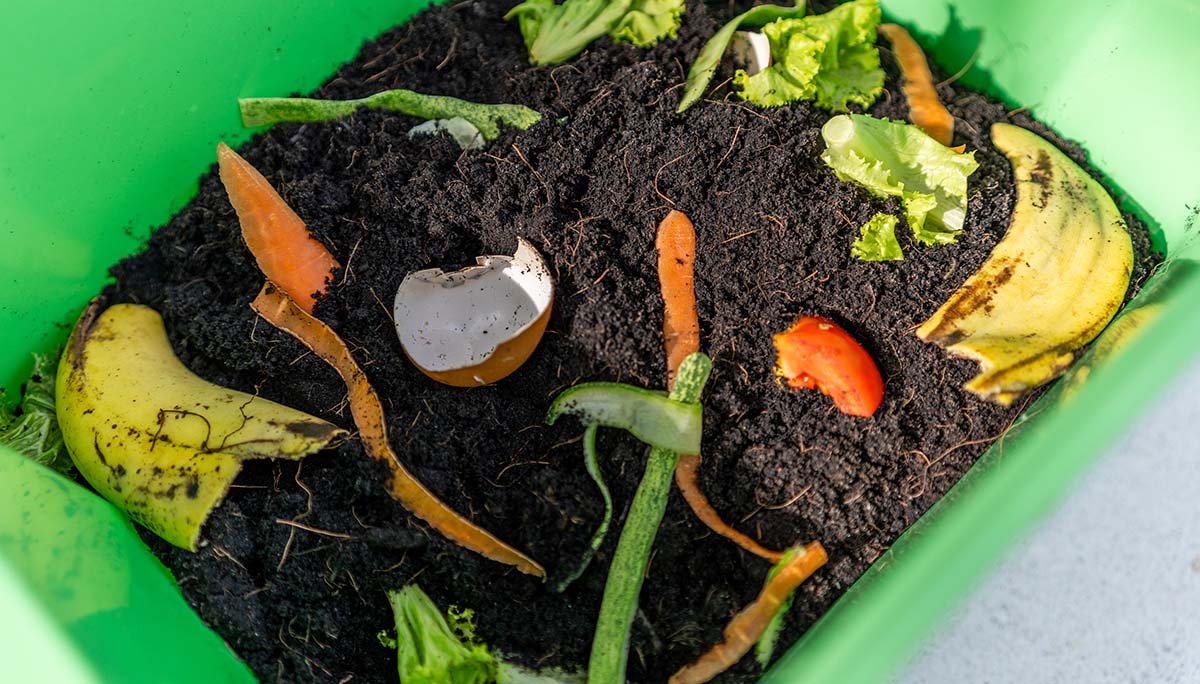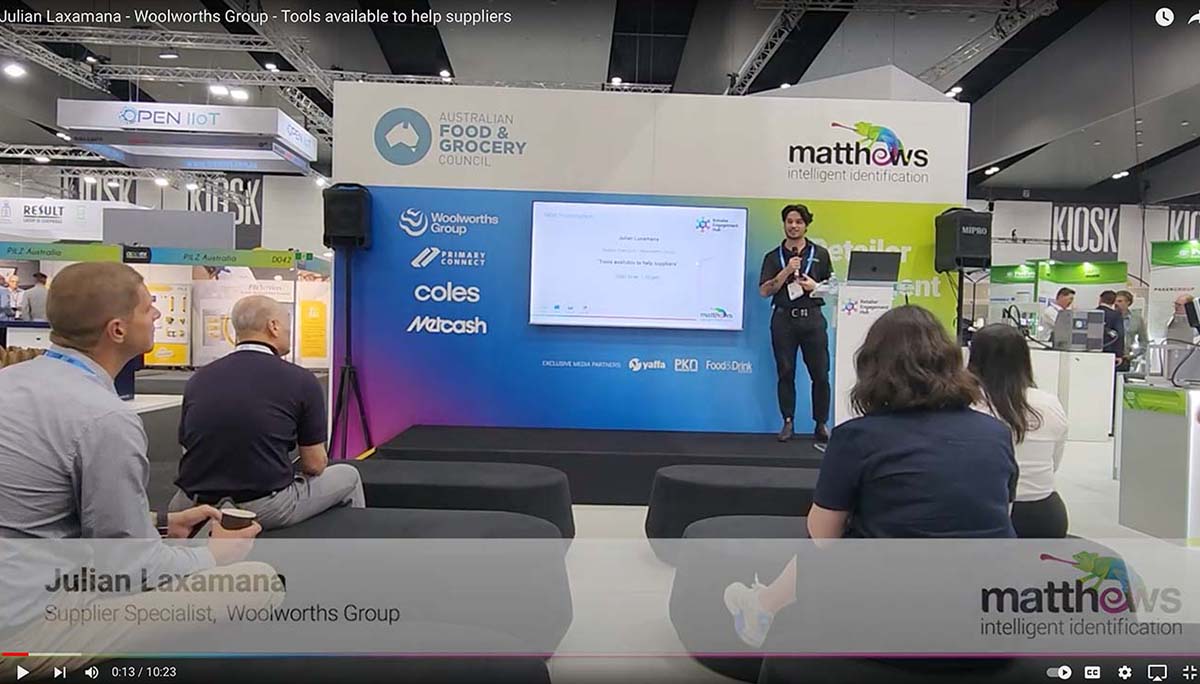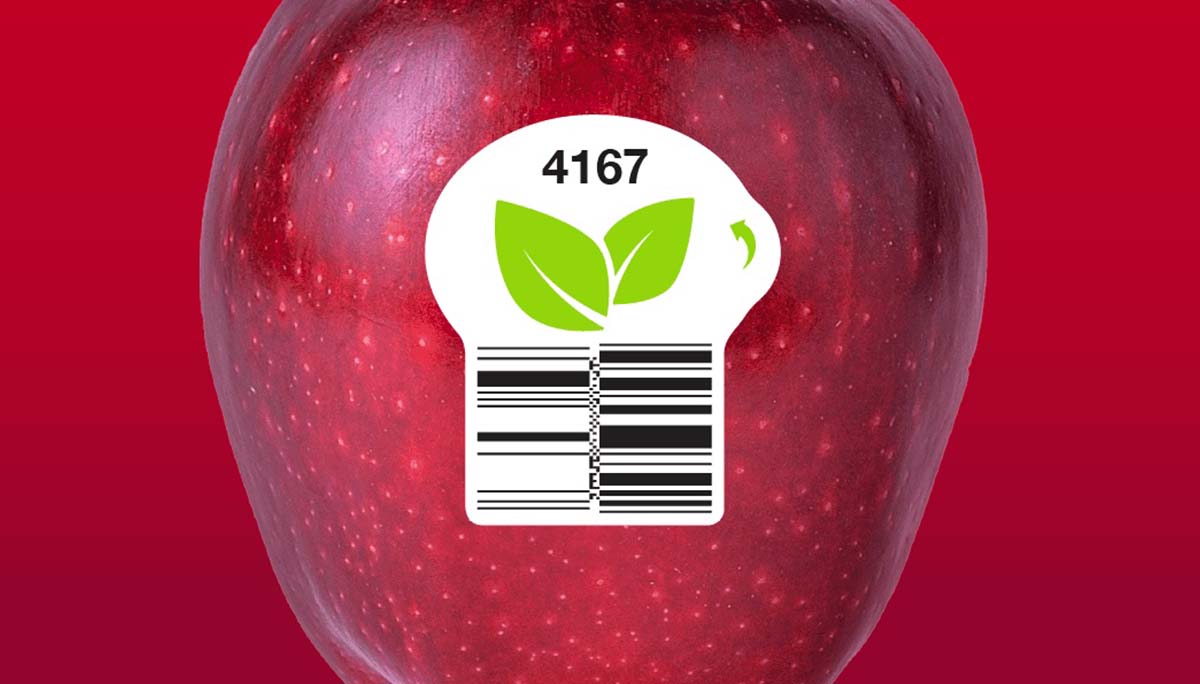Dec 20, 2024 by Mark Dingley
Are you a supplier of loose fresh produce? The time to act is now. With the impending ban on plastic produce-stickers in South Australia from September 2025, it’s crucial to understand and adopt eco-friendly labelling solutions.
Fresh-produce suppliers are under increasing pressure to find sustainable packaging solutions that balance environmental responsibility with the practical needs of retailers and consumers. Plastic produce stickers are the next target.
This article outlines what you need to know when choosing alternative labelling solutions that meet emerging regulatory standards and customer expectations.

Plastic produce stickers are the next target, with fresh-produce suppliers increasingly under pressure to find sustainable packaging solutions that balance environmental responsibility with the practical needs of retailers and consumers.
Plastic labels have been widely used on loose fruit and vegetables for decades, providing a quick, cost-effective way to display essential product information including PLU codes, variety names and country of origin. However, these stickers present several environmental drawbacks.
Plastic stickers are typically made from non-biodegradable materials, making them harmful when not disposed of properly. They’re often too small to be filtered out during waste processing, meaning they can end up contaminating soil and water. When consumers or retailers compost produce scraps with stickers still attached, the stickers become contaminants that degrade the quality of compost and harm the ecosystem.
Many countries are instituting bans on plastic produce labels in response to these concerns. In July 2023, New Zealand phased out the sale of non-compostable plastic produce labels. In Europe, France banned them in 2024. And now, South Australia has become the first Australian state or territory to announce a ban, which comes into effect on 1 September 2025.
This places fresh produce suppliers in a challenging position: how can you meet new regulatory requirements without compromising on branding, traceability or product identification?
Fresh produce suppliers need to find a labelling alternative that matches up to or exceeds the functionality of plastic labels.
However, plastic produce labels have been enduring for a reason. They are water-resistant and able to tolerate transport, storage and marketing conditions. Plastic labels are also durable in challenging conditions, which is ideal for fruit and vegetables that sit in a cool store for months. They are also easy to apply, ensuring produce is accurately identified throughout the supply chain.
In sourcing an alternative, fresh-produce suppliers need to consider:
Despite the challenges, this transition presents an opportunity for suppliers to lead the industry in sustainability. By embracing innovative solutions, you can reduce your environmental impact while still meeting the practical needs of the retail supply chain.
It can also help suppliers build stronger relationships with retailers, who are increasingly looking to work with environmentallyconscious suppliers. (Here are some more tips for growers looking to supply Woolworths.)

Woolworths Group’s Julian Laxamana, at the AFGC-Matthews Retailer Engagement Hub at APPEX, presenting on “Tools available to help suppliers”
Compostable stickers are designed to break down naturally in composting environments without releasing harmful residues into the environment. For example, the EcoLabel from Sinclair is a food-safe label that consumers can compost at home with organic waste.The backing paper is also compostable, ensuring that there is no waste. While some early compostable labels had issues with durability, the EcoLabel matches the durability of traditional self-adhesive fruit labels, meaning it will last in cold-store environments and ensure produce remains identifiable. It can be applied to produce at high speeds using a tray, compact pattern and in-line machine application, and it is available in a wide range of shapes and sizes.

EcoLabel from Sinclair is a food-safe label that consumers can compost at home with organic waste; source: https://www.sinclair-intl.com/a-world-firstan-ok-compost-home-certified-fruit-label
Laser marking removes the need to apply labels to loose produce. Suppliers can use a laser to directly mark information such as PLU codes or logos onto the outer skin of fruit and vegetables, particularly those with thicker peels (think avocados).
While it might appear like the most sustainable solution, laser marking has a major drawback: it can damage produce. With many types of fruit and vegetables, the laser collapses the cells, causing the quality to deteriorate in days. Different produce reacts differently to the laser, and even those with thicker peels can still be damaged underneath.
Not only does this look bad for your brand, but it can increase food wastage and damage your relationships and trust with retailers and consumers.
A counter argument might be that you laser code more lightly so it doesn’t damage the produce. However, this can cause other issues, such as barcodes not being scannable or legible in the supply chain and retail environment.
With the ban on plastic produce stickers looming, it's time for suppliers to explore alternative labelling solutions. Matthews Australasia is here to help you in finding the best solution that aligns with your sustainability goals, operational needs, retailer standards and regulatory requirements.